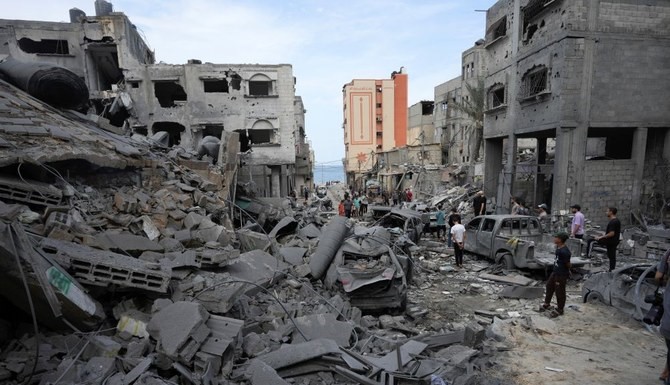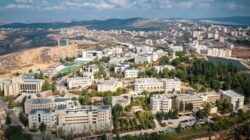By: Laksmy Ady Kusumoriny (Lecturer at Faculty of Letter, Universitas Pamulang)
The recent bold military campaign deep inside Israel initiated by Hamas, and other Palestinian movements, was driven by the growing frustration of Palestinians. This frustration has been brewing for 16 years since Israel imposed a strict blockade on the Gaza Strip. The blockade is viewed in two contrasting ways: some see it as inhumane collective punishment, while others see it as a necessary measure for Israeli security.
What often goes unnoticed is that this 16-year period allowed an entire generation to grow up in isolation, join the resistance, and fight for their freedom. Nearly half of Gaza’s population today consists of children, who have endured multiple devastating wars as their homes were targeted. The continuous encirclement of the enemy without offering any chance for escape, as written by Sun Tzu in “The Art of War,” has led to a strategic miscalculation by Israel.
Protests against the blockade, such as the Great March of Return in 2018-2019, were met with Israeli sniper fire, leading to casualties that faded from media attention. The fighters who entered Israel recently were young Palestinians who have known nothing but war and siege and have learned to survive with limited resources.
While Hamas strategically planned this campaign, it would not have been possible if Israel had not left these young Palestinians with no alternative but to fight back. The war, involving a single Palestinian group, will have a profound psychological impact on Israel, as it coincides with the 50th anniversary of the 1973 Arab-Israeli conflict, emphasizing the unity of the Palestinian cause with that of all Arabs.
This coordinated campaign, named “Al-Aqsa Flood,” aims to center Palestinian, Arab, and Muslim unity on Jerusalem and its holy sites. The surprise attack by Palestinian fighters challenged conventional guerrilla warfare tactics, holding areas inside Israel for an extended period, while using social media to redefine the narrative of Palestinians as victims and Israel as the occupier.
Regardless of the number of Palestinians killed in retaliation, it will not restore the image of an undisciplined Israeli army, a divided society, and a self-centered political leadership. It is too early to draw definitive conclusions, but the Israeli-Palestinian relationship is likely to be permanently altered as a result of the events on October 7, 2023.




